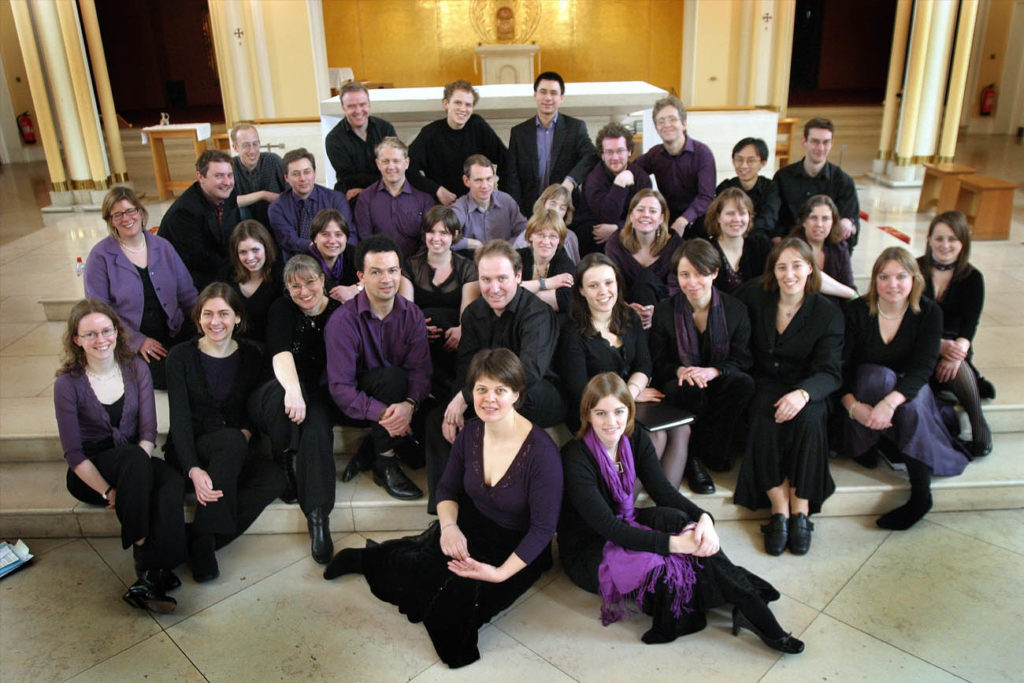
British Music Society York: Hannah Condliffe and Dominic Doutney, Sir Jack Lyons Concert Hall, University of York, March 17
HANNAH Condliffe opened this delightful concert with the second of Telemann’s Twelve Fantasias in A Minor.
In terms of productivity, Telemann is hard to beat. But these fantasias for solo flute not only enriched that repertoire in the early part of the 18th century; they were also highly regarded and very influential.
Ms Condliffe’s performance of the oboe transcription demonstrated why. The lyricism and gentle perpetual motion were ever present, and the performance was quite mercurial in this embracing acoustic.
In a change to the original programme, Dominic Doutney performed two of the Rachmaninov Preludes (Op. 32). The first Prelude was memorable for a simple, delicate, floating melody awash with colour underpinned with a whispery mid-range accompaniment. The pianist’s touch was crisp and finely judged. Just as it was in the G# minor Prelude where the ebb and flow, the weaving of textures made it a joy to listen to.
The two Études – Pour les Notes Repetées and Pour les Arpèges Composés reinforced what a very fine pianist Mr Doutney is. Technically the playing was superb, but it was the innate sense of musical architecture in the first Étude and the tender, intimate playing in the latter which impressed.
There was also a shadow of the blues. Maybe this reflected his serious illness, or the fact that it was written in 1915 during the First World War, or then again it could just be me picking up the vibes as there is little doubting the positive energy and indeed the music’s playfulness.
This takes us seamlessly on to the Two Insect Pieces by Benjamin Britten. The Grasshopper dutifully hopped about while The Wasp buzzed around with a menacing sting in its tail. The playing captured the charming imagery.
Samuel Coleridge-Taylor’s Deep River (arr. Maud Powell) was as moving as anything in the programme. The music just resonates in the soul – well, it did for me in this utterly immersive performance.
Like the opening Telemann, Britten’s three pieces from Six Metamorphoses after Ovid gave oboist Hannah Condliffe the chance to showcase her remarkable technique and musicianship. Pan’s free spirit is reinforced by the composer’s unmeasured notation and the frequent pauses. The performance captured this spellbinding, hypnotic quality.
By contrast, the musical depiction of the chariot ride of Phaeton in the second metamorphosis – fast and rhythmic – was exhilarating. Arethusa, fleeing the advances of the river god Alpheus and being transformed into a fountain, had both beauty and flow. Impressive.
The two players reunited to perform Poulenc’s homage to Prokofiev, the Oboe Sonata. The opening Elégie is technically demanding, but it was the charming engagement of the duo which was so affecting.
The music of the Scherzo may be described as witty, but it was the bristling vitality with its toccata-like drive to the close which was so thrilling. The final Déploration provided a touching, sober farewell to the great man.
The concert closed with Jeffrey Agrell’s Blues For D.D. The piece itself did not have much to recommend it – very clever, for sure, but cliched and derivative – but the performance did. It was fresh, zingy and utterly confident. Condliffe and Doutney clearly enjoyed performing the piece and the audience, apart from myself evidently, clearly enjoyed it too. So, amen to that.
Review by Steve Crowther

